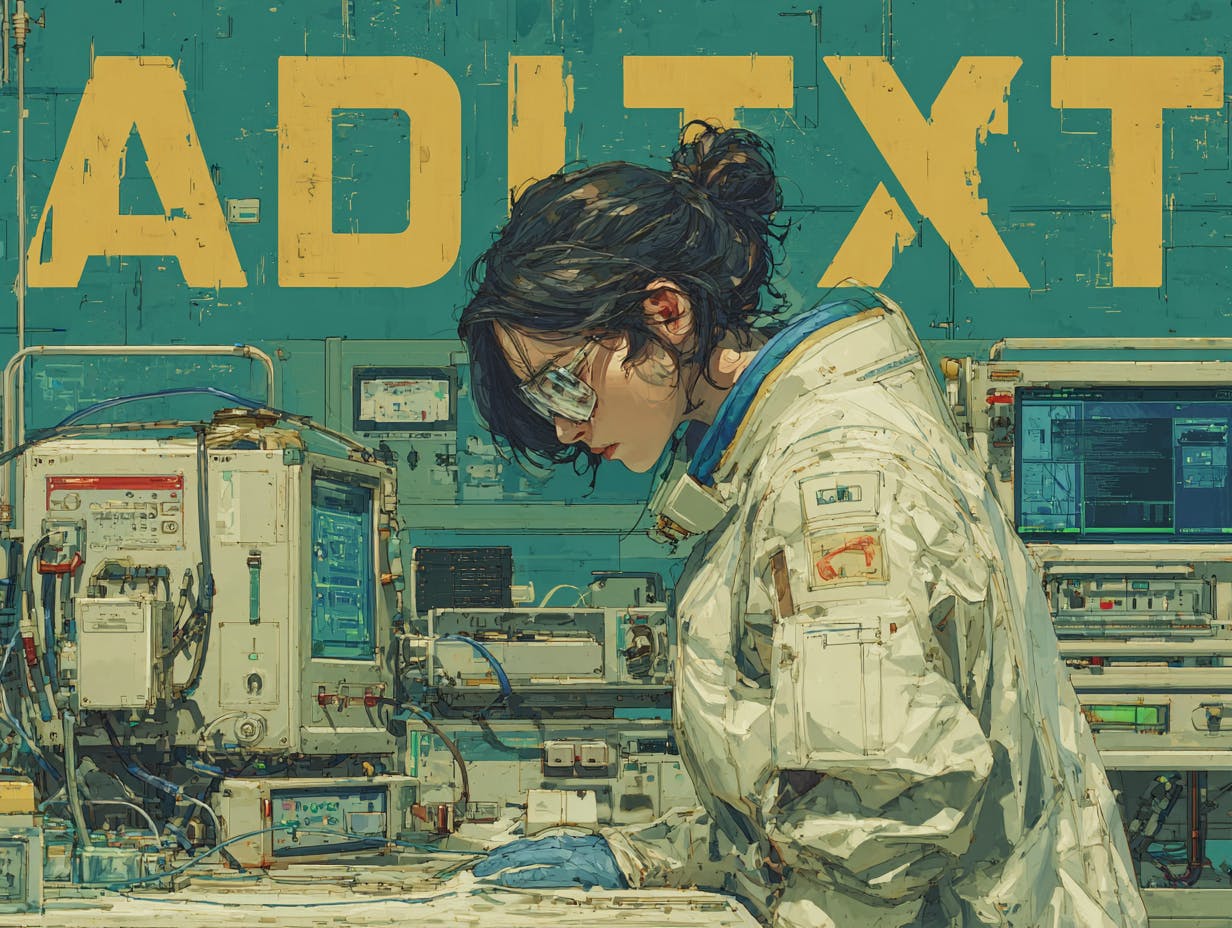Aditxt, a social innovation platform advancing health technologies, signed an agreement with Crypto.com to establish a custodial crypto account. The move supports its plan to back biotech innovation with a digital asset reserve including Bitcoin. Under the agreement Crypto.com will serve as custodian for Aditxt’s proposed digital treasury, using its institutional‑grade Crypto.com Custody service. Aditxt common stock also becomes tradable via Crypto.com’s broker‑dealer, enabling easier access for crypto‑native investors.
This signals an integration between biotech financing and digital asset infrastructure. Crypto.com’s platform offers custody services to institutions and high‑net‑worth clients via a secure, end‑to‑end solution.
What is bitXbio and why does it matter?
bitXbio is Aditxt’s crypto‑native social platform that aims to bridge financial technology and biotechnology. It supports access to innovations such as immune reprogramming (Adimune), early cancer detection (Pearsanta), and women’s health (Adifem).
By anchoring biotech projects in a digital treasury and enabling trading of its stock via Crypto.com, Aditxt aligns its health innovation mission with next‑generation finance.
What do the executives say?
Eric Anziani, President and COO of Crypto.com, said that businesses are planning for the future with digital asset treasuries and that the company is pleased to support Aditxt’s bitXbio initiative with best‑in‑class custody as they engage crypto‑native traders.
Amro Albanna, Co‑founder and CEO of Aditxt, described the agreement as a key step in aligning biotech assets with next‑generation financial infrastructure. He said the partnership lays the foundation for a platform where value is created through innovation and made accessible through digital finance.
Final Outlook
This agreement between Aditxt and Crypto.com represents a novel crossroads of biotechnology and cryptocurrency. It offers a glimpse of how digital asset platforms might support early‑stage health innovation with greater transparency and access.
On the positive side, placing digital assets like Bitcoin into a biotech treasury could democratize funding and attract new classes of investors. It also streamlines equity access via a trusted custody service.
However, integrating volatile crypto assets into financing models introduces market risk. Aditxt must manage fluctuating valuations and regulatory complexity. The success of this strategy depends on its ability to raise sufficient capital for its biotech pipeline and close deals such as its proposed acquisition of Evofem, expected by the second half of 2025.
My view is that Aditxt’s move is bold and forward-looking, blending innovation domains. If executed carefully, it could inspire other health tech firms to explore similar models. But oversight, risk management, and regulatory clarity will be essential to make this a sustainable path.
Don’t forget to like and share the story!
This author is an independent contributor publishing via our









